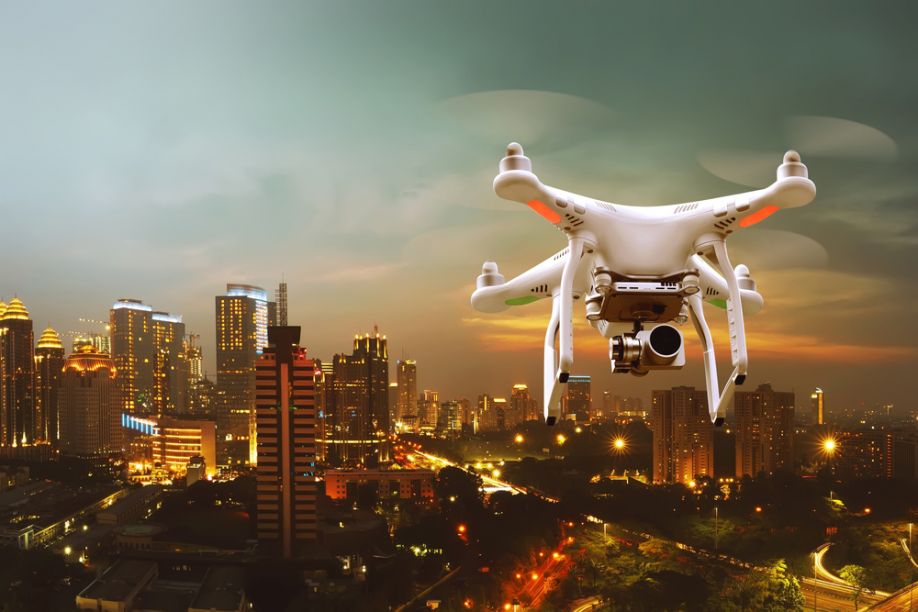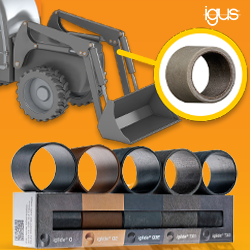How has technology had such an impact on the Manufacturing industry?
Whether it’s the food takeaway industry utilising mobile apps or sports events using video assisted refereeing, technological advances are helping our world progress and become better.
It’s clear that technology is evolving across every business, allowing companies to become more productive and efficient. Computer systems, such as warehouse management systems and CRM’s have the possibility to increase productivity of staff, while analytics allow you to judge what updates are needed and when.
What printing techniques are there available?
In any manufacturing company, human error can be extremely costly. That’s where 3D printing can come into play. While it’s still early days for the technology, companies such as Precision Printing has become bigger than before with digital printing having the potential to have a massive impact on practicality. It’s expected that this invention will transform nearly every industry as it changes how manufacturers will do business and will impact material costs, the traditional assembly line and product pricing strategies.
They are particularly handy as automated printers, like those used by Voodoo Manufacturing, don’t need to be manned anymore and can continue working 24 hours a day. The use of robotics isn’t aimed at replacing humans, but more so making employees’ jobs easier.

Drones
Drones can impact a company massively, saving almost 12 hours on each inspection and reducing the time it takes to check the equipment from 12 hours to 12 minutes. Not only can drones provide a quick and thorough inspection, but they eliminate the health and safety risk of someone needing to scale up to 150 feet to look at gantries. They have started to use drones to help perform risky inspections on the factory’s equipment in it’s Dagenham engine plant. The company is benefitting massively,
Drones are also particularly good at providing the company with video and still footage that can be stored to allow the plant to compare its findings over a period of time to monitor any changes or patterns that are noticeable. This has become an indispensable tool for the factory, with the drones greatly improving productivity and efficiency.
Bodysuits
It was announced in 2017 that line workers in the plant would pilot exoskeleton suits — wearable technology that can help support a worker’s arms while they undergo tasks above their heads. Ford’s Michigan plant is also using innovative technological developments to help its workforce. These suits can also be adjusted to support different weights, depending on the wearer’s needs.
While such suits were more likely to appear on the big screen in movies such as Iron Man just a few years ago, the creation is having positive feedback from its users in the real life world.
What does the future of embedded metrology bring?
The process of quality control can traditionally be a very time-consuming and expensive project. There would be randomly selected machine-made parts that would be individually tested, and if they passed the test, the batch it came from would be validated.
This process can’t be too reliable, as faulty parts may well be produced in a batch and slip through after the checks. That’s why the ever-improving embedded metrology will continue to help manufacturers produce a better product. This quick and convenient solution is a lot more accurate and requires little human interference.
In the future, it’s anticipated that this human aspect can be removed completely, with technology helping to provide a fully integrated and fully automated form of quality control. While some of the public are concerned that jobs will be lost as it keeps progressing, it can only be a good thing for manufacturing companies as it continues to help improve productivity and efficiency. It will be interesting to see what we welcome to factories next! Technology is continuing to amaze us in all walks of life.
The automotive industry is no different, either, taking advantage of new inventions. It’s not only our cars that are benefitting from technological advances, though — the manufacturing industry is, too. Lookers, retailers of a variety of cars such as the new Ford Kuga Titanium, are an example of this too!
Sources
https://www.cnbc.com/2018/08/31/ford-is-using-drones-to-keep-an-eye-on-its-factories.html
www.thedrive.com/sheetmetal/15921/exoskeletons-unveiled-at-ford-manufacturing-plant
https://matrixrecruitment.ie/5-innovative-technologies-solve-manufacturing-problems-2018/
https://www.youtube.com/watch?v=pDq0RWQBHms
https://disruptionhub.com/5-technologies-factory-of-the-future/
Comments (0)
This post does not have any comments. Be the first to leave a comment below.
Featured Product

